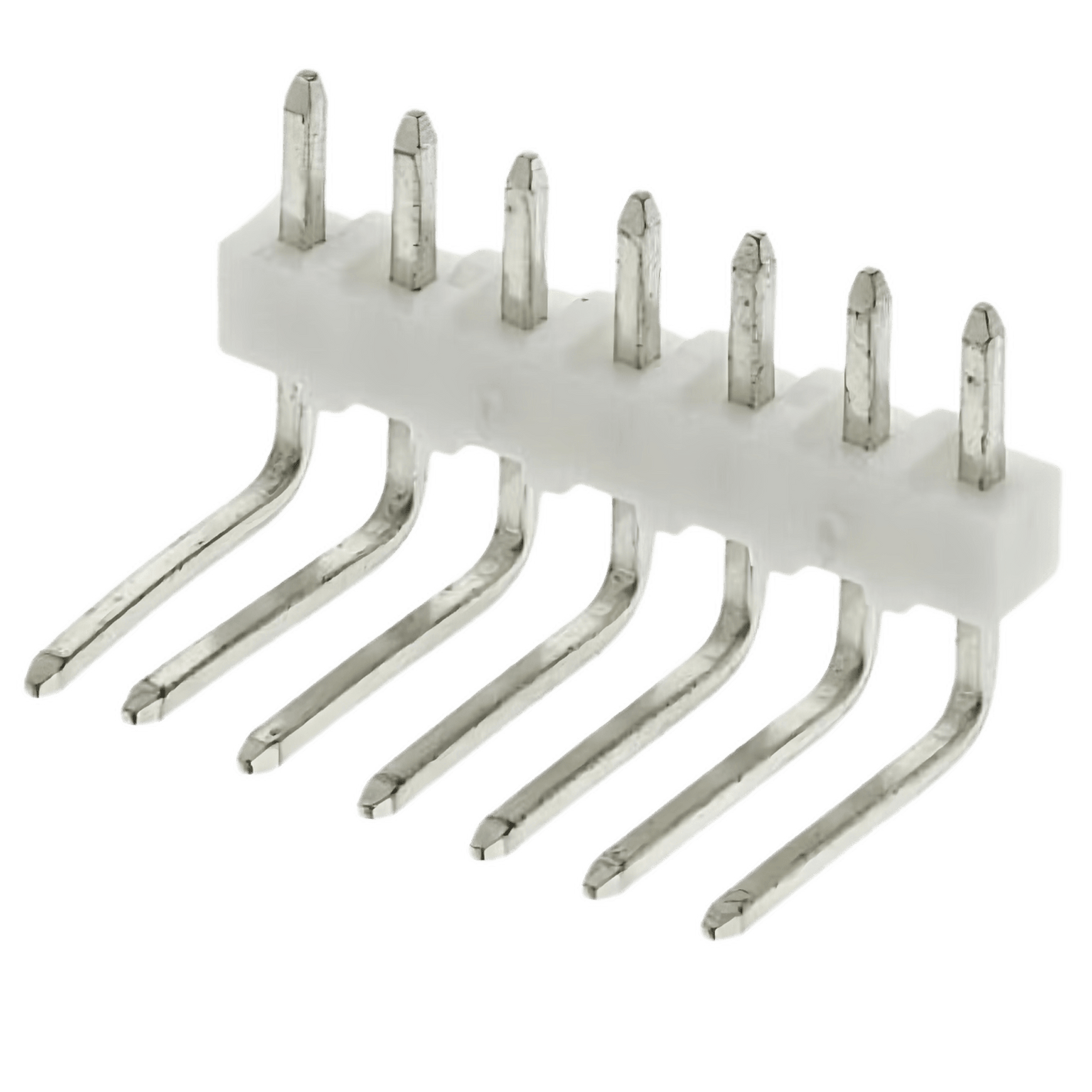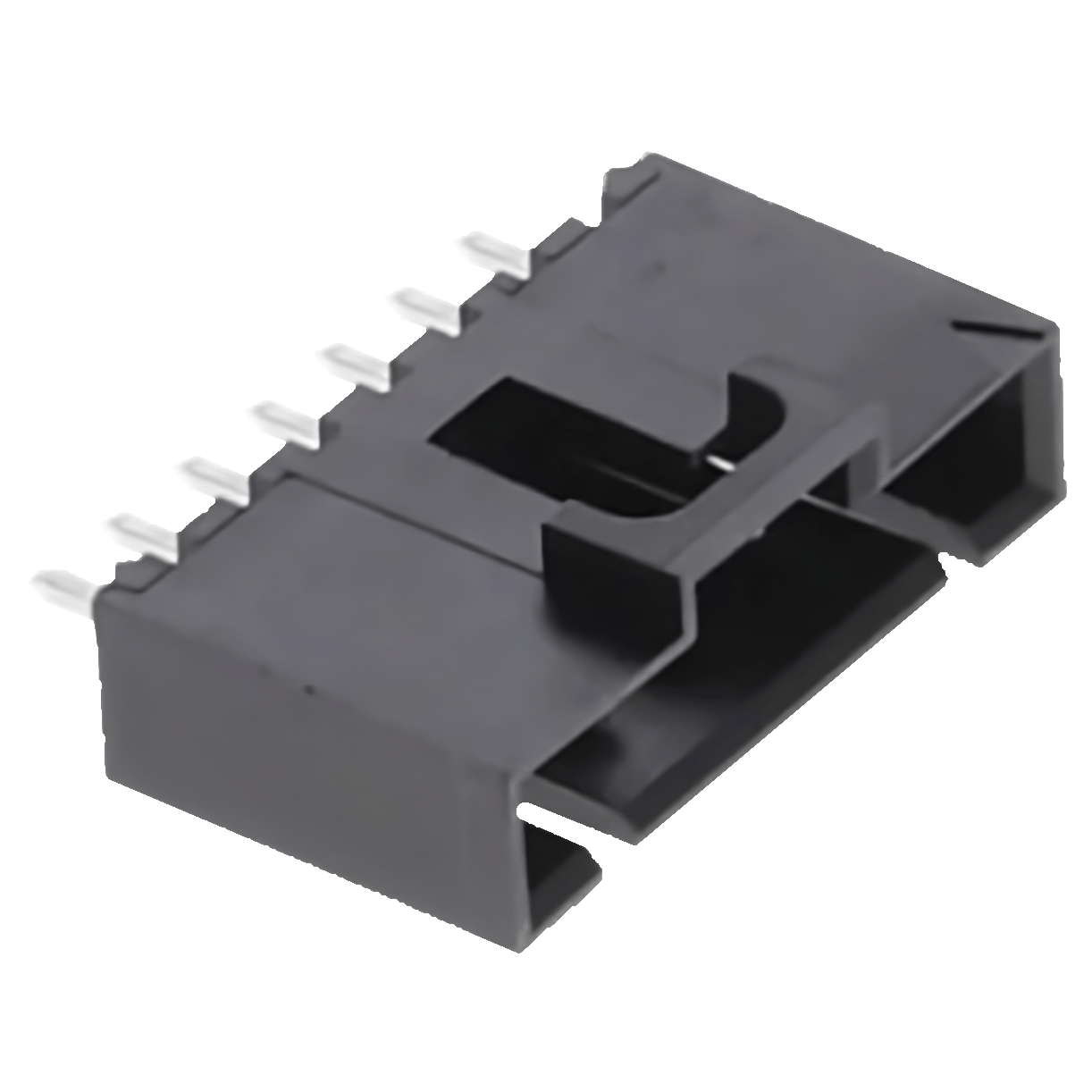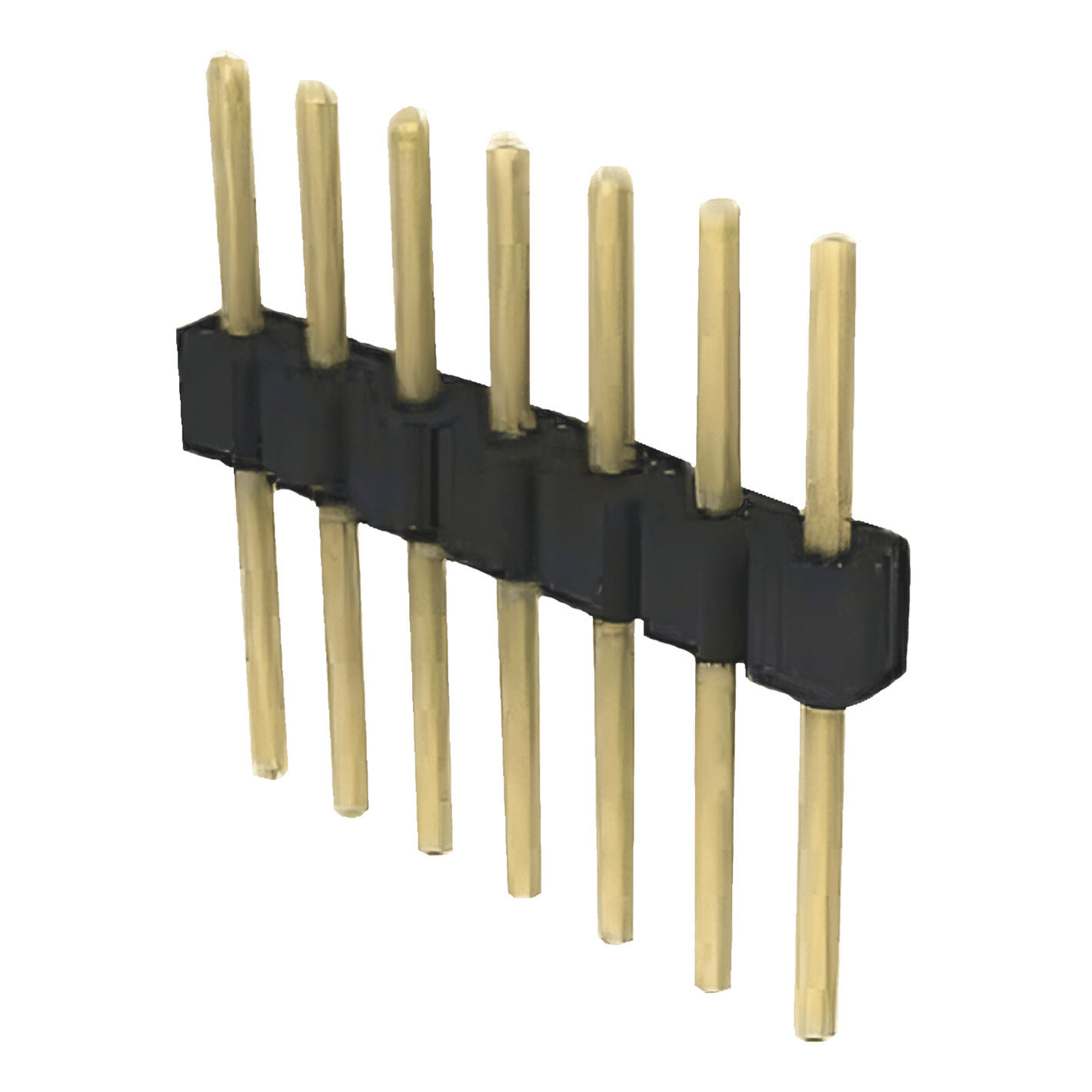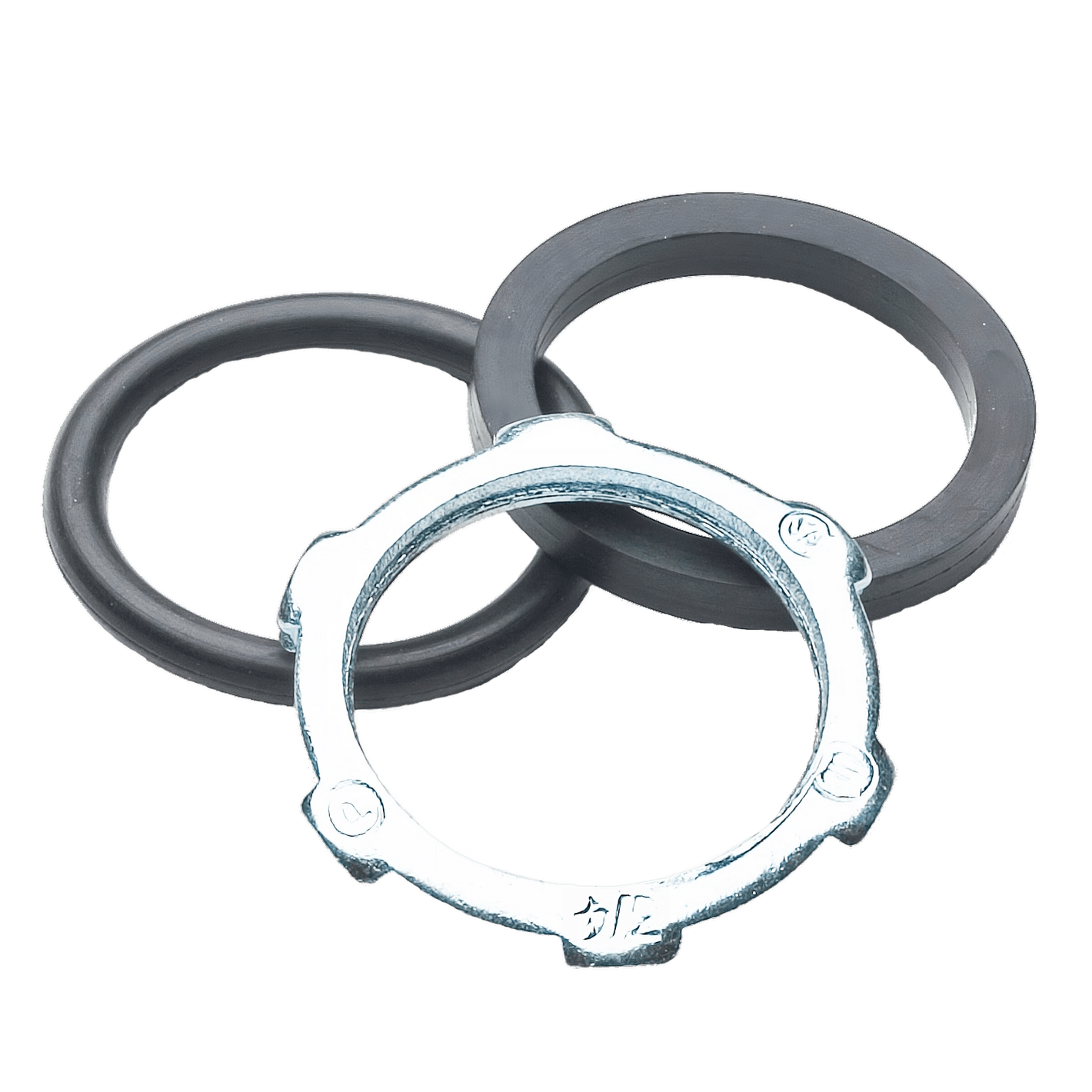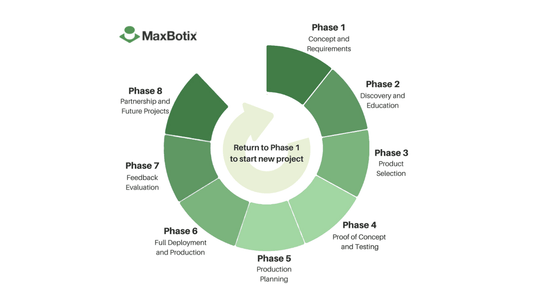- Resolution of 1 cm
- Up to 40Hz reading rate
- Simple I2C bus interface
- Easy control of multiple sensors
- Control up to 127 sensors using two wires
- 42kHz Ultrasonic sensor measures distance to objects
- RoHS Compliant
- Virtually no dead zone, objects closer than 20 cm range as 20 cm
- Operates from 3.0-5.5V
- Low 4.4mA average current requirement
- Small, lightweight module
- Designed for easy integration into your project or product
- Operational Temperature from 0C to +65C (32F to +149F)
- Real-time automatic calibration (voltage, humidity, ambient noise)
- Firmware filtering for better noise tolerance and clutter rejection
- 200,000+ Hours Mean Time Between Failure
- Narrow beam sensor
Features of the MB1232, I2CXL-MaxSonar-EZ3, include centimeter resolution, a narrow beam as well as excellent side object rejection, short to long distance detection, range information from 20cm to 765cm, up to a 40Hz read rate, and an I2C interface.
The MB1232 has a slightly wider beam width than the MB1242 which makes it a good choice for applications where the MB1242 does not have enough sensitivity.
The MB1232 from the I2CXL‑MaxSonar‑EZ line of sensors is a very small, less than one cubic inch, ultrasonic sensor component module. This sensor comes with mounting holes provided on the circuit board for easy installation in nearly all applications.
In addition, the MB1232 offers virtually noise-free distance readings through the use of high-output acoustic power combined with continuously variable gain, real‑time background automatic calibration, real‑time waveform signature analysis, and noise rejection algorithms. This holds true even in the presence of many of the various acoustic or electrical noise sources.
Product 3D Models
XL-EZ CAD Files
No PCNs on Record







